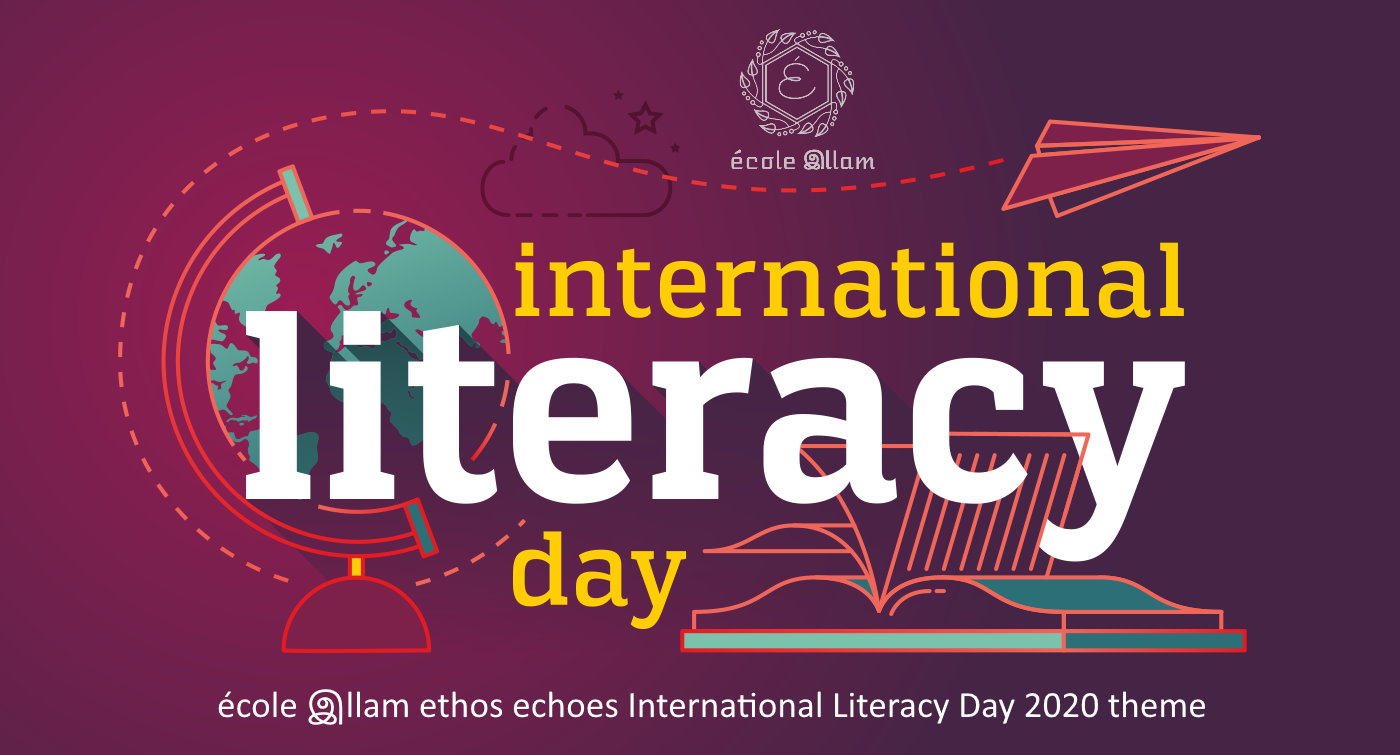Education and literacy are among those that have globally seen a paradigm shift. On International Literacy Day today, UNESCO has outlined its 2020 objective to focus on “Literacy teaching and learning in the COVID-19 crisis and beyond,’ especially on the role of educators and changing pedagogies”. How perfectly does this align with the Snehadhara Foundation’s commitment to help teachers and educators navigate through these unprecedented times!
The launch of our Digi Akshara programme underlines our penchant for constantly learning, researching, application and reworking teaching modules and methods, and above all, sharing our best practices with everyone because learning—we believe— is an ever-evolving constant in our lives that is most effective in unison.
We humbly submit our work as a case study of how we’re not only working with innovative and effective pedagogies, we’re also managing to do so in the space of special needs education, keeping in mind the limitations of technology and the children we’re working with. Convinced at the efficacy of our teaching methodologies for our own Snehadhara children, we felt it imperative to open the doors and pay it forward to those children with disabilities across the country who are in need of counselling, therapy and therapeutic learning. Thus, was born école இllam.
We have had ample opportunities to test our newer teaching methods, including what has been one of the biggest, most inclusive online classrooms: Pratham’s One Day One Story event. Since 2013, the Snehadhara Foundation has been partnering with Pratham Books for the ‘One Day-One Story’ event. Each year we would set out with a story, drums and songs, and reach out to schools and organisations around South Bangalore, in an attempt to use the arts be it to build acceptance or make connects within communities. This year, like everything else, the plans had to shift online.
The SF team was invited this year by PNLIT and we brought alive two of Pratham’s stories: Angry Akku and The Girl Who Couldn’t Stop Laughing. Children learnt how to navigate through the tough emotions around anger, and also fell off their chairs with laughter as T. Sundari got them to do so. The realistic nature of the storytelling session which has bell sounds and recreating sunflowers and dosas, made the session incredibly engaging, immensely informative and extremely entertaining. Children with special needs were in a classroom with children who go to mainstream schools, together partaking in a storytelling session that was heart-warmingly inclusive. A chance we may not have had otherwise. They followed instructions, latching onto every word spoken, recreating in their minds, a new world with every new story.
The power of storytelling, the power of the arts and the power of children who unwittingly are ready for change lies at the heart of what we do at Snehadhara. As UNESCO and all of us teachers and practitioners observe International Literacy Day today, it is a reminder that together we can. And we will.

